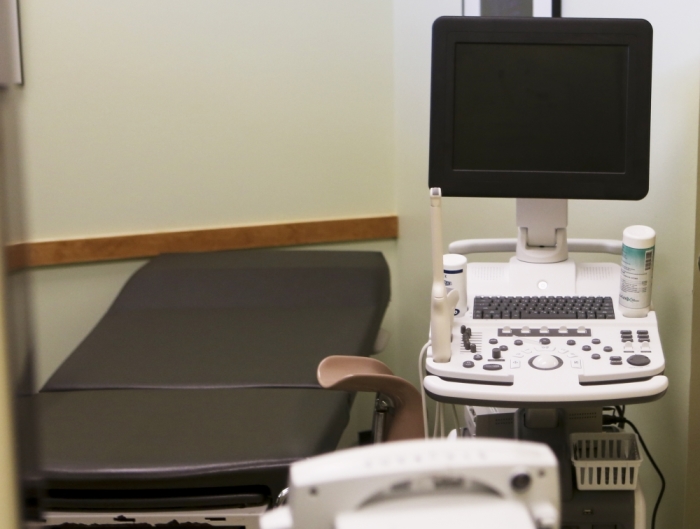Over 130 abortion clinics have shut down since 2014: report

More than 130 independently owned and operated abortion clinics have closed down in the United States over the past five years, according to a report released by a Minnesota-based abortion advocacy group.
The Abortion Care Network released its report, titled “Communities Need Clinics,” on Wednesday that shows the number of independently owned abortion clinics (not including Planned Parenthood clinics) has declined by 32 percent since 2012, with 136 clinics closing since 2014.
ACN broke this number down to 26 closures this year, 13 closures in 2018, 17 closures in 2017, 22 closures in 2016, 34 closures in 2015, and 23 closures in 2014.
“As of November 2019, Abortion Care Network identified 344 open independent clinics,” according to the report, which described the closure rate as “alarming.”
“While there have been a handful of clinic openings, the total number of independent clinics in this country has decreased by over 32 percent since 2012.”
For its report, ACN drew from annually collected data on all abortion clinics that make their services available to the public and contacted each clinic to confirm their status.
According to the website AbortionDocs.org that's run by the pro-life group Operation Rescue, the total number of surgical abortion clinics open and operating in the U.S., including those owned by Planned Parenthood and other large abortion businesses, is now 470.
ACN Executive Director Nikki Madsen attributed the decline in independent clinics to the increasing number of state-level regulations.
“Anti-abortion politicians have long used onerous restrictions to try and shut down independent abortion providers,” Madsen argued, according to CBS News. “Since 2010, anti-abortion politicians have passed more than 400 laws that attempt to make it too expensive or logistically impossible for abortion clinics to operate.”
Some of the health and safety standards abortion clinics are being required to meet include widening doorways to accommodate stretchers and emergency equipment, and having sterilization equipment.
In response to Madsen, Micaiah Bilger of Life News defended the state regulations, describing them as “common sense abortion clinic regulations that protect women and unborn babies.”
“They ensure abortion facilities meet basic health and safety standards by requiring annual inspections, hospital admitting agreements for emergency complications, statistical reporting to the state and more,” Bilger wrote.
“Abortion clinic regulations help to protect patients from horrors like those committed by Philadelphia abortionist Kermit Gosnell, whose facility was not inspected for more than a decade.”
In January, the pro-life group Operation Rescue released a report which found that 40 abortion clinics had closed down in 2018, 32 of which provided surgical abortions while the other eight performed non-surgical or “medical” abortions.
Operation Rescue went on to report that the number of abortion clinics in the U.S. by the end of 2018 was 697, or about 150 fewer clinics than the 844 reported in 2009.
“Although the number of medical abortion facilities has increased, they merely occupy a larger piece of an ever-shrinking pie,” the pro-life group said earlier this year.
“Unable or unwilling to meet new surgical facility safety regulations, some have resorted to dropping surgical abortions as perhaps their only means of staying open — especially in states that do not regulate medical abortion clinics or that allow nonphysicians to dispense the drugs.”




























